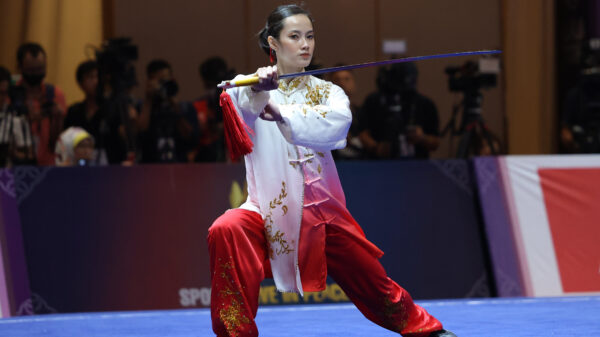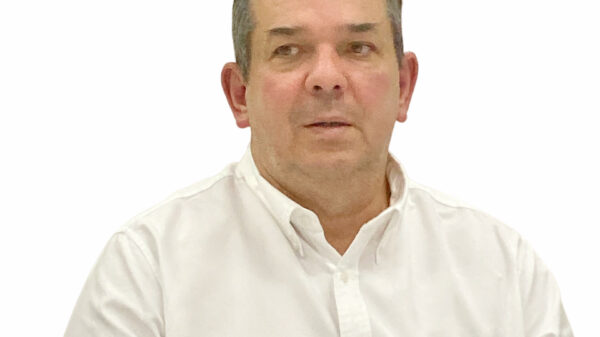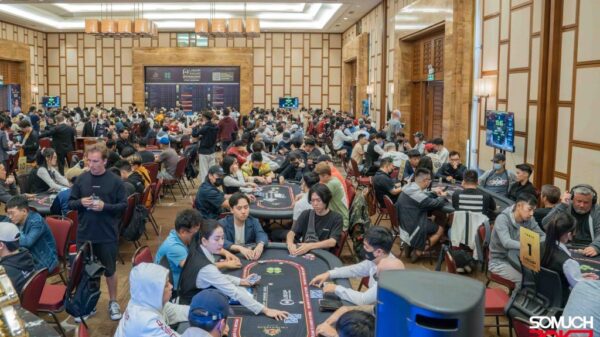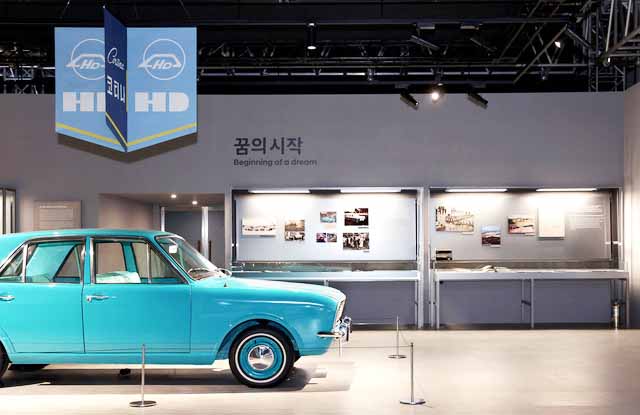Hyundai Motor Company is pulling out all the stops to become one of the world’s top three electric vehicle manufacturers by 2030. Last month, the Korean auto giant held a groundbreaking ceremony for a new electric vehicle plant at its complex in Ulsan.
The new EV-dedicated plant will lay the foundation for future growth in the era of electrification while building on the dream first established by Hyundai Motor’s founding chairman more than half a century ago.
At the new plant, Hyundai Motor is expected to actively advance its 56-year brand heritage, automotive business know-how and technological capabilities. In the era of vehicle electrification based on people-centered humanism, it aims to continue innovating for our benefit and the generations to come.
“Just as the dream of building the best car in the past made Ulsan an automotive city today, I trust that it will be an innovative mobility city that leads the way in the era of electrification, starting with a dedicated EV plant,” said Hyundai Motor Group executive chair Euisun Chung.
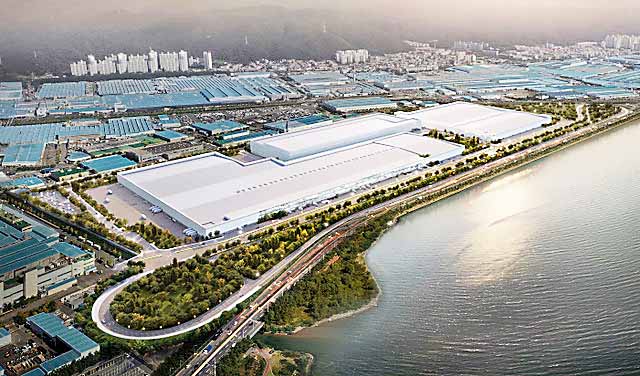
MADE up of five independent factories, the Hyundai Motors Ulsan Plant is the world’s largest single vehicle manufacturing facility. | PHOTOGRAPHS COURTESY OF HYUNDAI MOTOR
The new EV plant in Ulsan builds on the vision of Hyundai Motor’s founding chairman, the late Ju-yung Chung, who believed that the automobile industry will become the cornerstone Korea’s economy and underpin the country’s industrial development.
“More than half a century ago, he chose Ulsan as the location to help to create a better outlook and realize Korea’s mobility dreams. Now, the new EV plant will build on that legacy with a global impact,” Chung said.
Beginning as an assembly plant in 1968, Hyundai Motor’s Ulsan Plant grew in an incredibly short period.
More than half a century later, the Hyundai Ulsan Plant is now the largest single plant in the world. Continuing to advance its vision for mobility, the EV-dedicated facility will be Hyundai Motor’s first new plant in Korea in 29 years, following the opening of its Asan plant in 1996.
The 234,710-square-meter dedicated EV plant in Ulsan will have the capacity to produce 200,000 EVs per year. Approximately $1.53 billion will be invested in the project, with full-scale construction set to begin before the year ends.
Genesis EV SUV
The construction is scheduled to be completed in 2025, and vehicle mass production will commence in the first quarter of 2026. The Genesis, an electric SUV from the Hyundai Motor Group’s luxury brand, will be the first model to be produced at the new plant.
Hyundai Motor and Kia (the former is its parent company) hope to have a combined 31 electric models available by 2030. Kia recently introduced the EV9, its first three-row electric SUV, while Hyundai Motor plans to roll out its Ioniq 7 next year.
The goal is to ramp up annual domestic EV production from last year’s 330,000 units to 1.51 million by 2030, of which 920,000 units will be exported. The 1.51 million figure is about 41 percent of the global EV production target for carmakers by 2030.
Former proving ground
The dedicated EV plant in Ulsan will be located on the site of Hyundai Motor’s former proving ground. The place was first utilized in the 1980s, when the company was actively seeking to expand into overseas markets.
In addition, a Central Park will be built, which is expected to bring the nature of Ulsan into the facility and become a rest area and hub connecting each of the facility’s buildings.
Hyundai Motor Company’s Ulsan EV plant is envisioned as a facility that will be able to minimize carbon emissions, so it’s expected that solar panels and upcycled concrete ones will be used for its façade.
With this recent development, it just proves that hard work and constant innovation for people and the planet translate to achieving a company’s vision and more. Surely something that Hyundai’s founding chair Ju-yung Chung would have been proud to witness.






